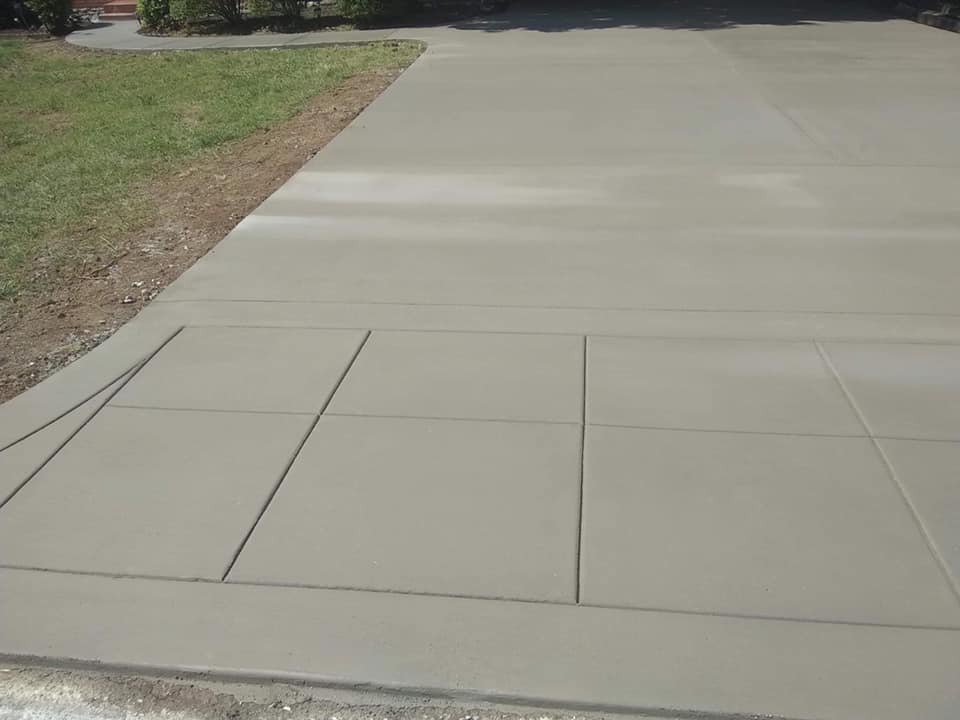Protecting Your Home's Foundation: Professional vs DIY
How Often to Check for Damage and When to Call a Professional
Give your house the support it needs
Your home's foundation is the essential structural element that provides stability and support. Over time, it can be susceptible to various issues that may compromise its integrity. Regularly inspecting your foundation for signs of damage is crucial to catch potential problems early and prevent costly repairs. This article will guide you on how often to check your foundation for damage and when it's time to seek professional assistance.
-
Regular Inspection Schedule
A solid foundation inspection routine can help identify issues before they escalate into significant problems. Depending on your location, climate, and the age of your home, consider the following inspection schedule:
a. Seasonal Checks: Perform visual inspections of your foundation at least twice a year – during spring and fall. These are ideal times as weather fluctuations and moisture levels can impact the foundation.
b. After Extreme Weather Events: After experiencing severe weather events like storms, floods, or earthquakes, it's essential to conduct an immediate inspection for potential foundation damage. -
Licensing and Insurance:
Before finalizing your decision, always verify that the concrete company holds the necessary licenses and insurance coverage. A reputable contractor will possess the required licenses and permits to operate legally in your area. Additionally, they should carry liability insurance and workers' compensation coverage to protect you from any potential liabilities in case of accidents or property damage during the project.
-
Signs of Foundation Damage
Knowing what to look for during your inspections can help you detect foundation issues early on. Some common signs of foundation damage include:
a. Cracks: Observe both the interior and exterior walls for cracks. Horizontal or stair-step cracks are more concerning than vertical hairline cracks.
b. Uneven Floors: Check for sloping or sagging floors, which may indicate foundation settlement.
c. Doors and Windows Misalignment: Difficulty in opening or closing doors and windows can be a sign of foundation movement.
d. Gaps and Spaces: Look for gaps between the walls, ceilings, and floors, as well as between window or door frames.
e. Water Damage: Moisture or mold in the basement or crawl space may indicate foundation issues.
DIY vs. Professional Inspection Minor cracks or cosmetic imperfections may not necessarily warrant immediate professional attention. You can monitor small, stable cracks if they are not expanding over time. However, consider contacting a foundation expert in the following situations:
a. Worsening Damage: If you notice cracks or other signs of damage becoming larger or spreading, it's time to consult a professional.
b. Frequent Water Intrusion: Persistent water intrusion can weaken the foundation. A professional can help identify the source and offer solutions.
c. Sticking Doors and Windows: Doors and windows that continue to misalign despite attempts to fix them may be indicative of more extensive foundation issues.
d. Noticeable Foundation Shifts: If you observe significant shifts in your foundation or experience sudden sinking or settling, professional intervention is essential. -
Choosing a Foundation Professional
When it's time to call in a professional, it's essential to choose a qualified and reputable foundation expert. Consider the following tips:
a. Experience and Credentials: Look for professionals with extensive experience and relevant credentials in foundation inspection and repair.
b. Reviews and References: Read online reviews and seek references from past clients to gauge the company's reputation.
c. Inspection and Cost Estimates: Obtain multiple inspections and cost estimates from different professionals to make an informed decision.
In Conclusion
Regularly checking your home's foundation for damage is a vital part of homeownership. By adhering to a proactive inspection schedule and recognizing the signs of foundation damage, you can address issues promptly. When in doubt or faced with concerning indicators, don't hesitate to call a qualified foundation professional to ensure the long-term stability and safety of your home.


GET A FREE QUOTE TODAY!
All Rights Reserved | Cantrell's Concrete LLC | Powered by Flypaper - Nashville | Privacy Policy

